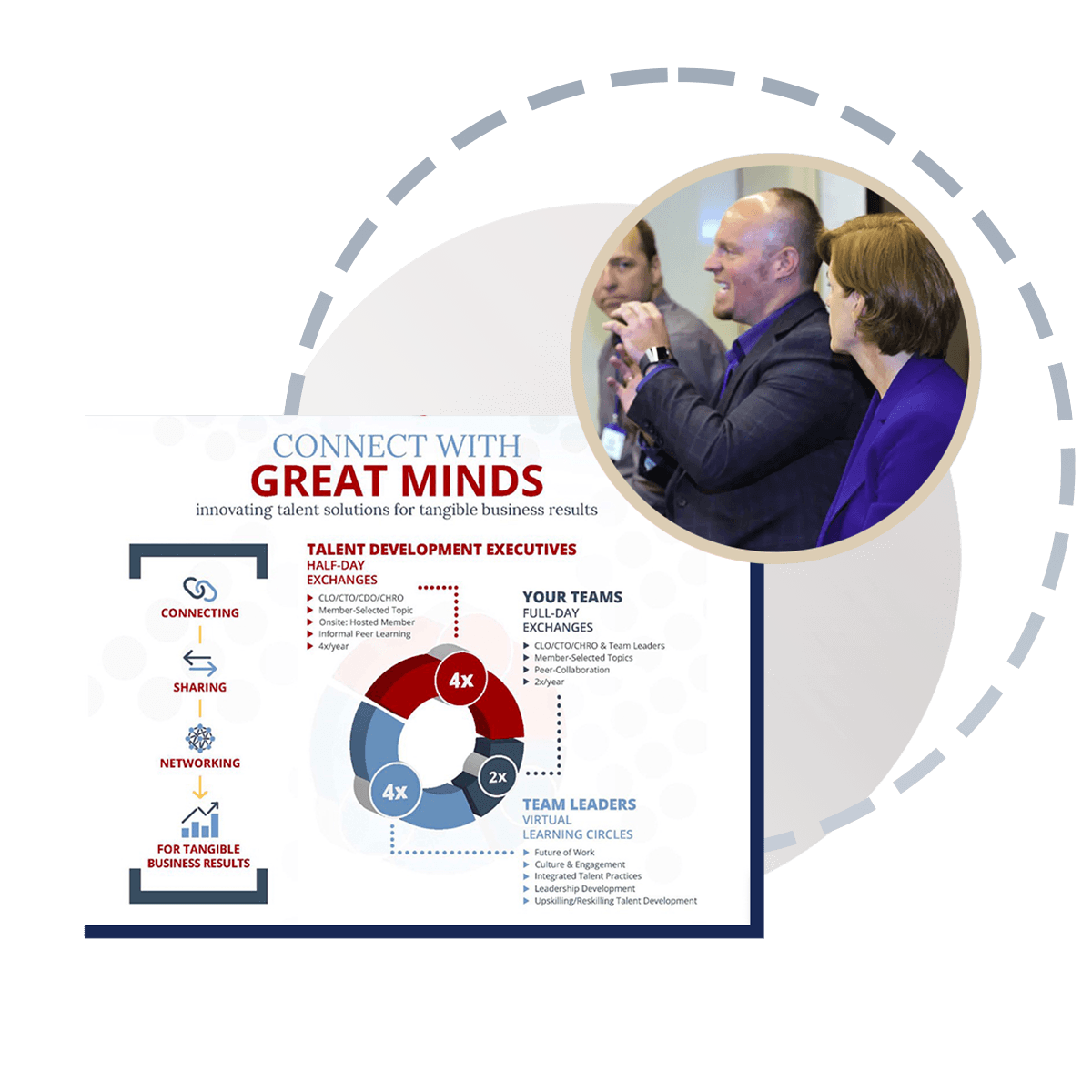Session Focus: Essential Behaviors & Skills Driving Success for 2023 and Beyond Transitioning to a Skills-Based Organization
In this engaging session, we explored the critical digital skills needed for HR professionals to drive agile leadership development as organizations shift towards skills-based models. Through interactive polls, case studies, and thought-provoking discussions, three key takeaways emerged:
1. AI will undoubtedly change how work gets done, but it won't replace the uniquely human skills that are essential for effective leadership, such as empathy, critical thinking, and decision-making abilities. As one panelist aptly stated, "AI doesn't care when we are talking about working and being teamwork and getting stuff done, the AI can do a lot of things but it's not human, it's not gonna."
2. To successfully drive a skills-based talent strategy, HR professionals must possess strong analytics capabilities. This means going beyond merely reporting data and instead using it to have insightful conversations with business leaders, interpreting insights, and translating them into actionable talent decisions.
3. Providing comprehensive training, user-friendly tools, and clear guidance is crucial to demystifying data and analytics for HR professionals. By empowering them to leverage these resources effectively, they can move beyond simply showcasing numbers and instead use data to drive meaningful talent strategies and decisions.
Through real-world examples, such as the GE Digital case study, participants gained practical insights into upskilling HR teams with data analytics capabilities, fostering a culture of data-driven decision-making, and facilitating productive conversations with business leaders using skills-based frameworks.
As we navigate the rapidly evolving landscape of work, it's clear that developing agile leaders with the right digital skills and mindsets is paramount. This session equipped HR professionals with the knowledge and tools to embrace the power of AI while leveraging their inherently human strengths, positioning them as strategic partners in shaping the future of talent management.
